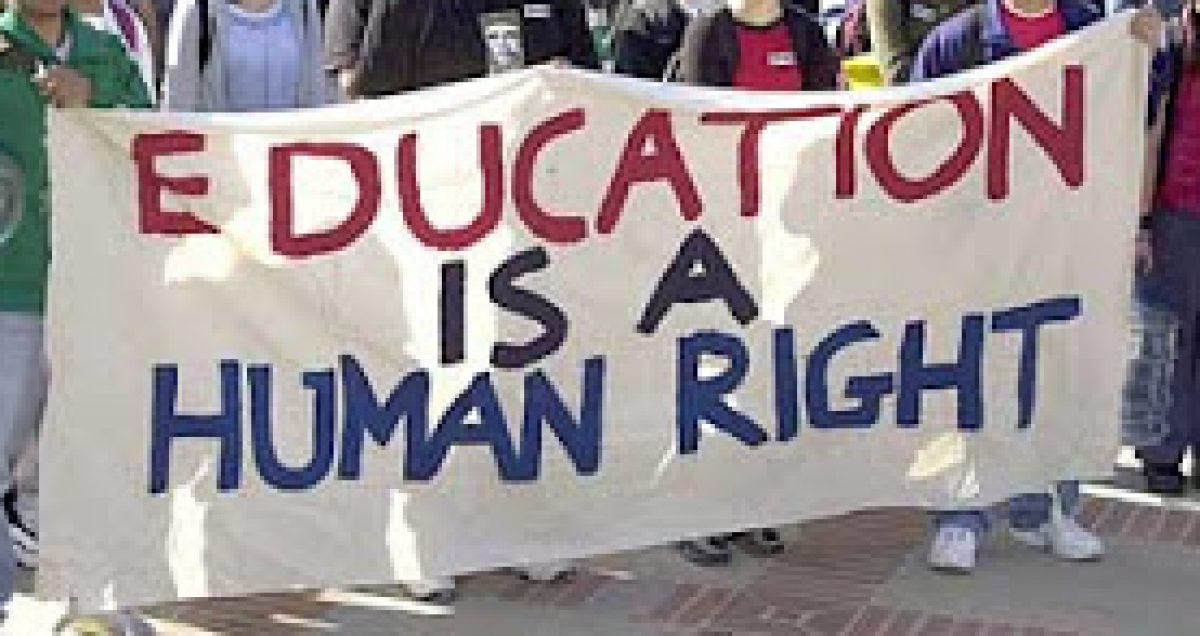Community-Based Organizing:
Conceptual frameworks applicable to the Santa Ana region and the niche that Padres Unidos serves include works from Ella Baker, Saul Alinsky, Christopher Emdin, and Paulo Freire. In the works of Baker and Alinsky, themes focused on grassroots organizing emerge to meditate on and guide how communities can move towards change together. Together, Padres Unidos employs these frameworks to construct and adapt programming to serve the needs of Santa Ana, including higher rates of incarceration, a high number of students learning English, a high density of immigrant families, and increased rates of poverty. Ella Baker empowered and forwarded the idea of “participatory democracy” in the 1960s, focusing distinctly on garnering support from the community as a whole, rather than enacting change independently or as part of a small, inaccessible group. Built upon the “three themes of participatory democracy— grassroots involvement by people in the decisions that affect their lives; the minimization of hierarchy and professionalization in organizations working for social change; and direct action on the sources of injustice (Bobo, 2004, pp. 82),” Baker’s philosophy centered on community investment and involvement, intended to work directly with citizens and those the program intended to serve, similar to how Padres Unidos operates. Baker’s philosophy regarding community organizing and the necessity of community involvement for change greatly informs the work of Padres Unidos as an organization by bolstering their methods of employing “over 590 parents and volunteers” in their execution of the organization’s mission since 1999 (Padres Unidos, 2020). Saul Alinsky’s work, particularly in Chicago into the 1960s, focused upon “using ‘people power’ to counter the ‘money power’ of the Chicago political machine and to gain seats at the decision-making tables (Martinson & Su, 2012, pp. 59-60),” working to harness the power of communities to confront oppression. In an area where wealth is not easily accessible or available, Alinsky’s framework assists in further examining how Padres Unidos emphasizes personal involvement in the organization and the community to incite change, rather than depending on financial backing.
Pedagogical Practices:
In addition to focusing on community organizational frameworks, frameworks useful in the analysis of Padres Unidos’s work and impact in the community as an organization include pedagogical practices. Emdin and Freire primarily focus on pedagogical methods, directly engaging with student education. Christopher Emdin discusses the importance of negating power dynamics within a teaching space and building a mutual relationship between a student and educator by “meeting each student on his or her own cultural and emotional turf (Emdin, 2016, pp. 30),” particularly significant to a place as distinct as Santa Ana in the case of Padres Unidos’s work. The notion of sharing a context with students or at least extending empathy to their positionality connects both to pedagogical ideas of supporting students where they stand and to the community-centric framework of Baker in how those in the community may be best enabled to understand, educate, and support youth in their own community. From Paulo Freire, I drew the philosophies of mutual education towards a fuller understanding of personhood and learning, that “Education must begin with the solution of the teacher-student contradiction, by reconciling the poles of the contradiction so that both are simultaneously teachers and students (Freire, 2005, 72),” and how this idea informs a more holistic idea of learning. Freire’s lens focused upon holistic learning permeates the organizational structure of Padres Unidos and is present in the expansive nature of their program to best work to address the needs of their community. These frameworks underscore the importance of an organization like Padres Unidos in the context of their work, and I will work to examine the non-profit through the analytic lense of these notions.
